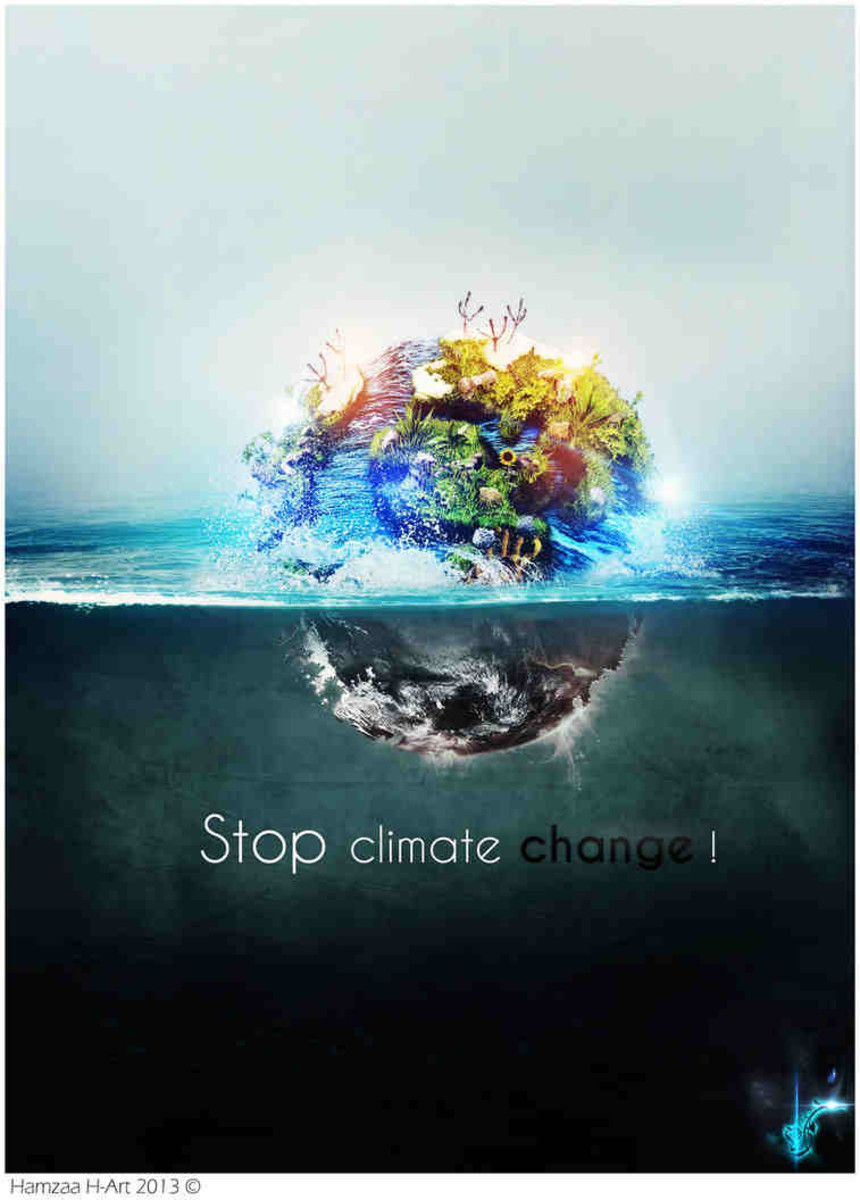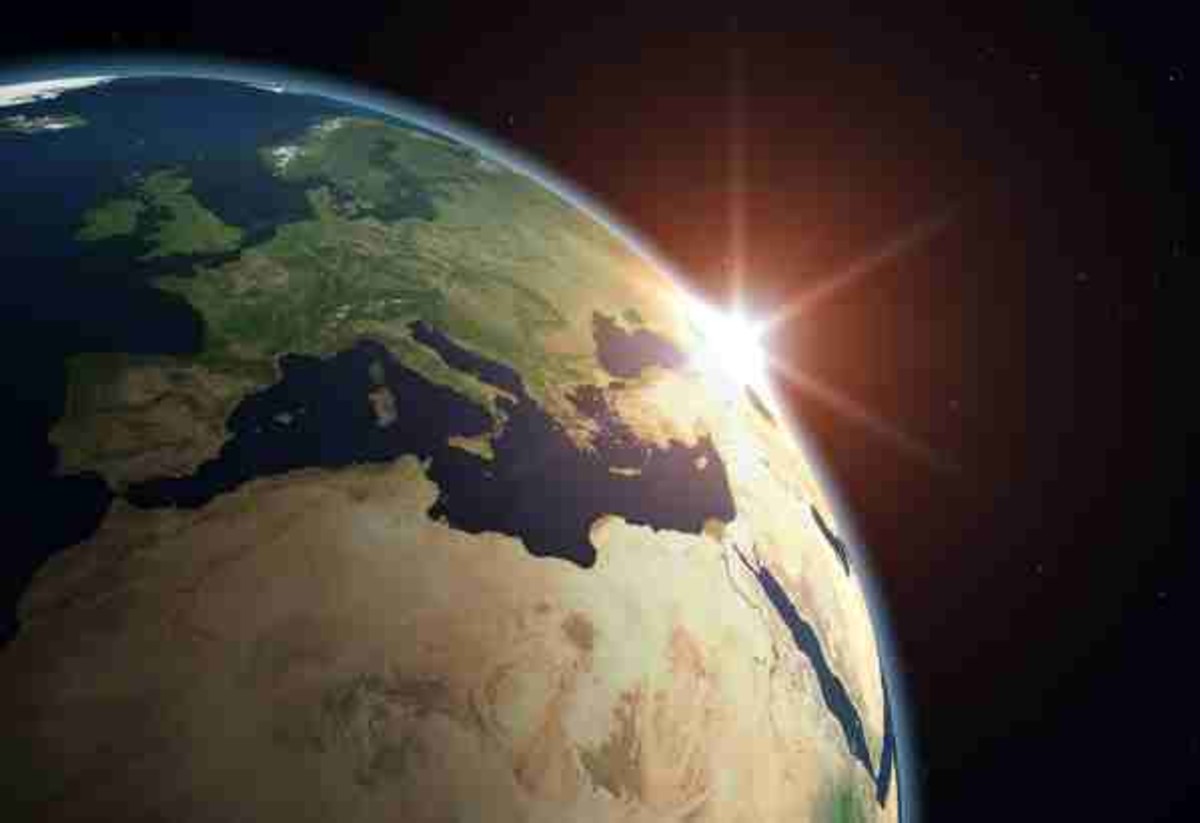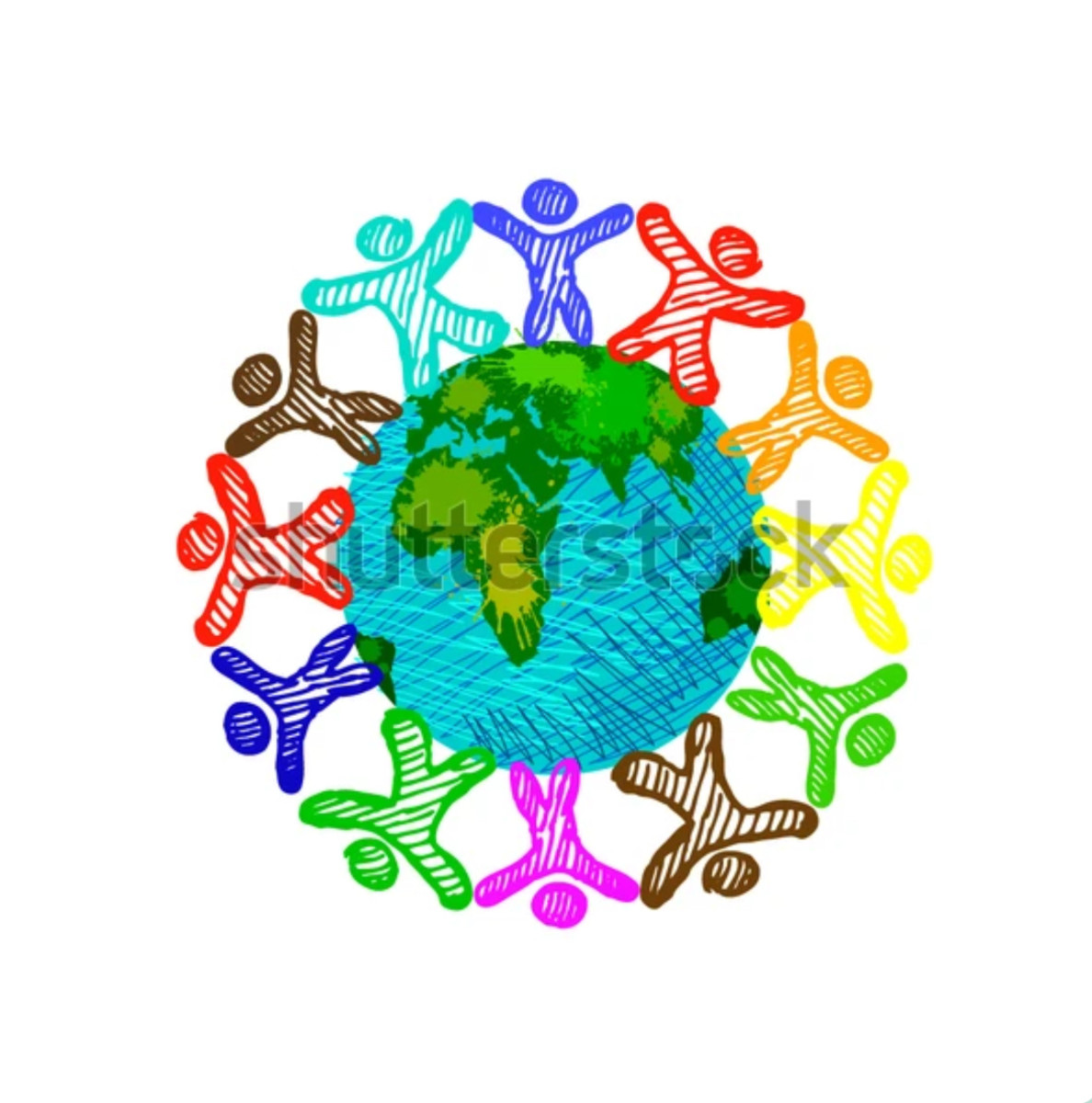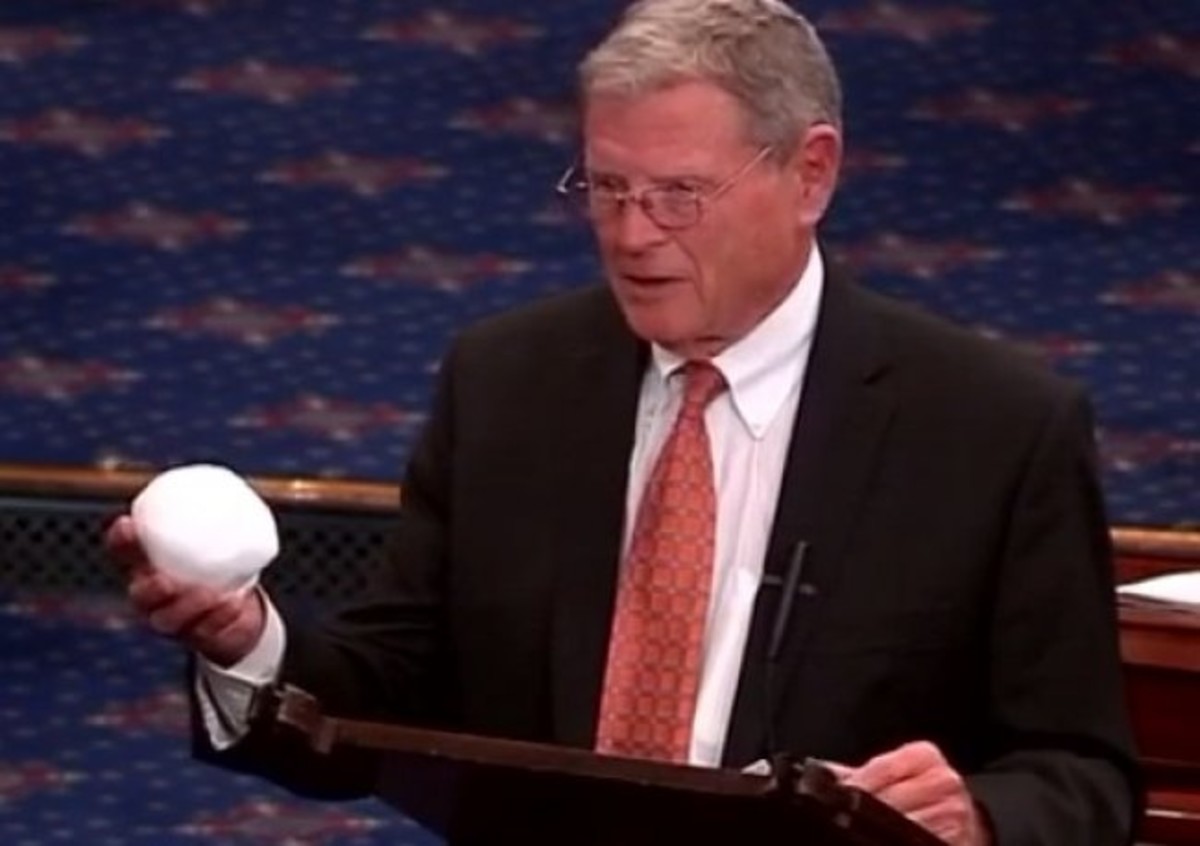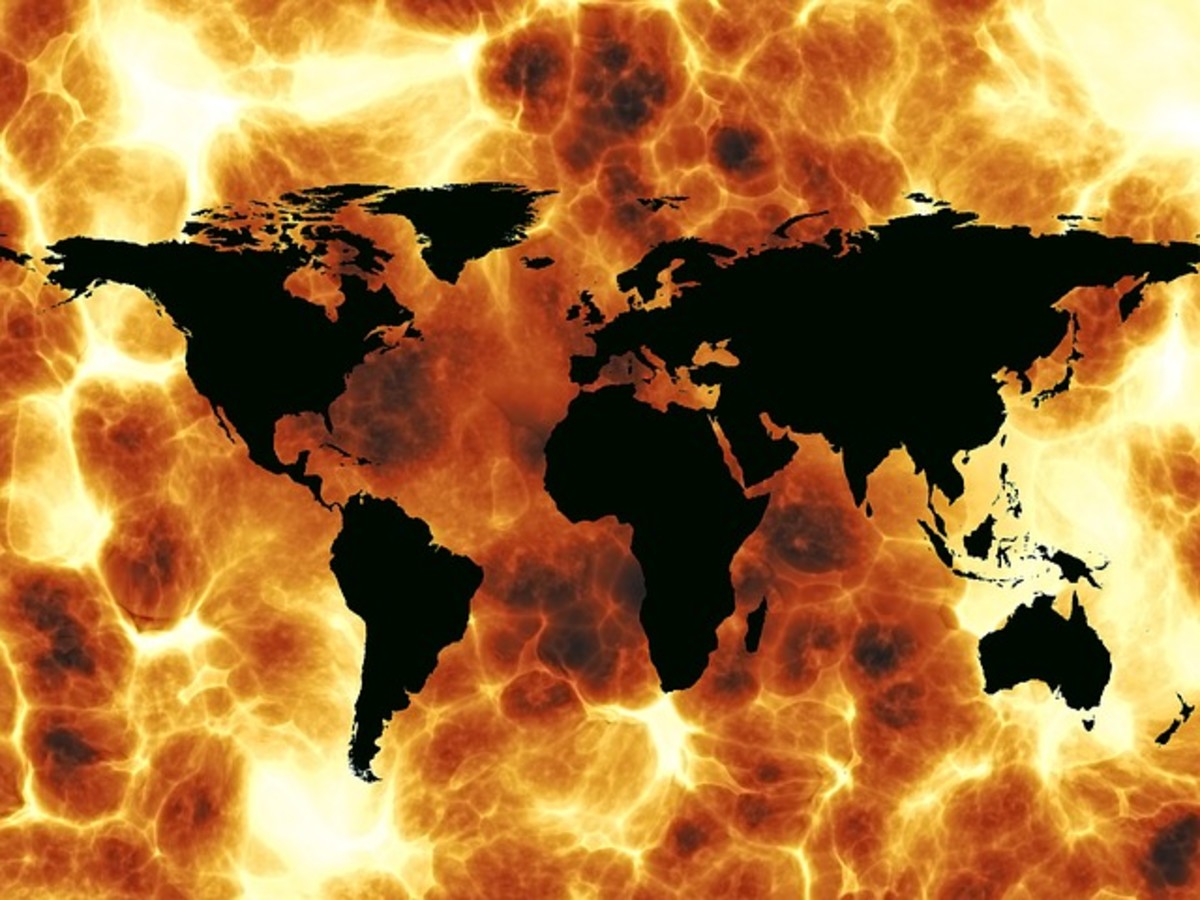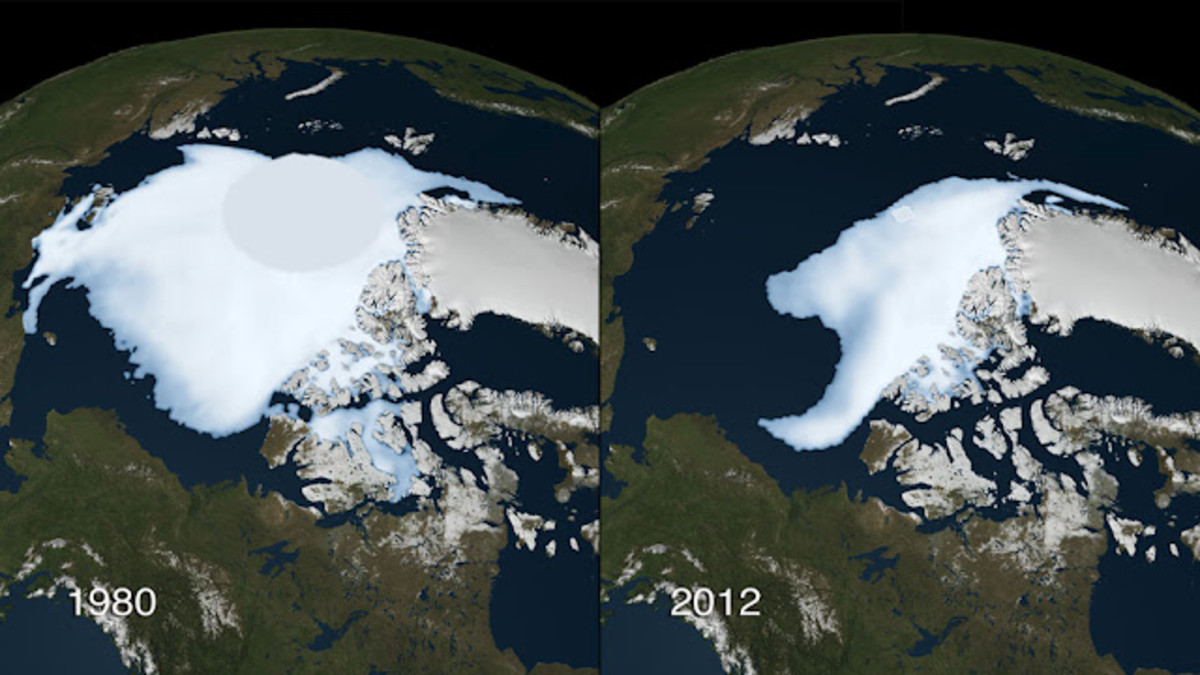Discussion About Climate Change
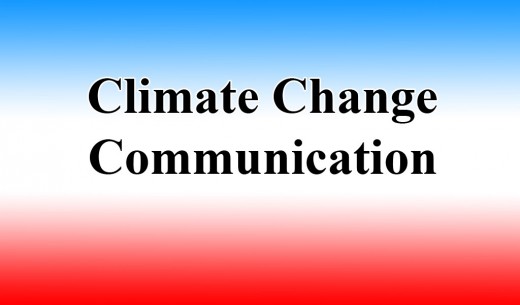
Introduction
I attended a talk last week at the Lamont Doherty Earth Observatory campus. It was a colloquium by one of the professors to the students on how proper communications is the key to engaging someone about climate change. They are preparing for an Open House on their campus and expected many outsiders to visit. They would like to use this opportunity to engage the public about the climate change issue.
- Sept. 2019
Background
This idea is not new. I have attended talks at the LDEO for a few years. I have heard other talks in the past explaining why despite all the evidence, the general public is split evenly between climate change believers and skeptics. The consensus seems to be they are not communicating the problem effectively. If they were better at talking about this problem, the people will come around.
The fallacy of this is that they assume at the outset that they have the truth on their side and it is just a matter of convincing people of their theory.
They have not open to the idea that their theory and evidence so far is skimpy and that there may be much more to this issue than human involvement.
Suggestion...
As a skeptic on the theory of AGW, I come from a different perspective. I am an engineer by training. I am not paid by the oil and gas industry to deceive the public. I am not an environmental activist. I am your average citizen who is trying to understand this issue and seek a solution for the long haul.
In 2019, I am currently a skeptic on climate change. Let me make it clear what I mean. I am not a denier. I am merely questioning the accuracy of the climate projections going forward. How much of climate change is due to human activities and how fast this is happening and how dire the problem is...
Instead of trying to convince me of the serious nature of climate change, due to human activities, I have a suggestion.
My suggestion is in several parts so please bear with me.
1. History
2. Present
3. Future
The history of climate change goes back 3 decades. It was in the 1990s that this theory became popular. Predictions were made and many have fall short. It would be good for current climate scientists to go back and address this “shortcoming”. What happened? What were missing or lacking in their understanding? What did they get right? What did they get wrong? And why?
The present is where we are now. We all live on the same planet. Not all are equally affected obviously. Due to geographic differences, economic and social differences and geopolitical differences, there is a debate about how to deal with climate change.
The future is part of this heated discussion. What should we do about it? It can range from doing nothing all the way to doing drastic actions such as elimination of fossil fuel all together by 2030. What is the proper path for our world? What will the impact be to our standards of living and progress.
Having been following this issue for over 20 years, I came up a reasonable proposal outlined below in a detailed article. Please check it out at the bottom link.
Hockey Stick Graph
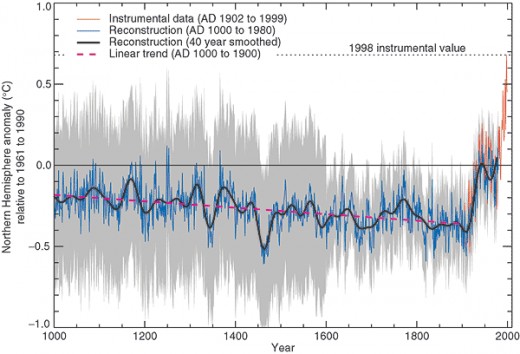
Credibility Gap
Because of past errors, there is a credibility gap. Also, because of groups like the environmentalist and globalists, this issue has been politicized to the point where there are two opposing factions.
However, there is a way out of this. It starts by climate scientists disavow their connection to these extremist groups. They should be called out for their bias and inaccuracies. They are using scare tactics to win points. People like Al Gore is a prime example. He does not live the way he preaches. Do as I say, not as I do...
His documentary film should be shown in all elementary classes as an example of what not to do if you want to convince the public. By scaring kids, you are doing a disservice to the cause. The latest advocate of the Swedish student is a case in point. She has done more harm than good in my opinion.
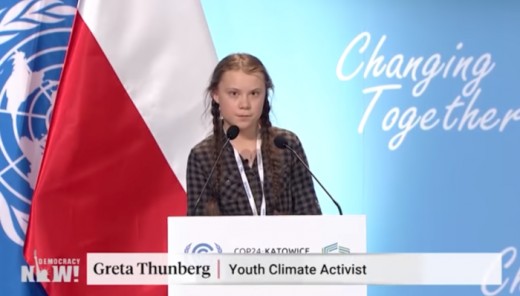
What Basic Questions We Need Answers For...
1. How much of current climate change is due to human activities and how much is due to nature?
2. How fast is this change happening? Years, Decades, hundred years, or thousand of years?
3. What is an effective and coherent response to reverse climate change taking into account of ROI, bang for the bucks?
4. Is climate change independent of environmental protection? Can we separate the concerns for climate change and the concerns for a cleaner planet?
These 4 basic questions is crucial to understand this issue. Climate change as a science is very complex. It involves many aspects of natural and man-made events.
In order to come up with a rational solution, we need to understand the long term impact and the time frame and the cost of any proposed solutions.
Summary
Going forward, the climate debate should be based on science along. Environmentalist, and politicians and celebrities should keep a distance. The same goes for the fossil fuel industry. This topic should be decided on science and its real impact on the earth. Solutions should come about by common sense. 90% of our population should be on board. There will always be a dissent of 10% regardless of what topic. They are the outliers.
In order for this to happen, we need honesty from our scientists. It is OK to be wrong or unsure. We don’t expect 100% accuracy, just honesty of what you do know and what you don’t know.
Some Related Info
- How Would I Address the Climate Change Problem
If I was in charge of the UN, I would approach this issue very differently than the IPCC.
This content is accurate and true to the best of the author’s knowledge and is not meant to substitute for formal and individualized advice from a qualified professional.
© 2019 Jack Lee

